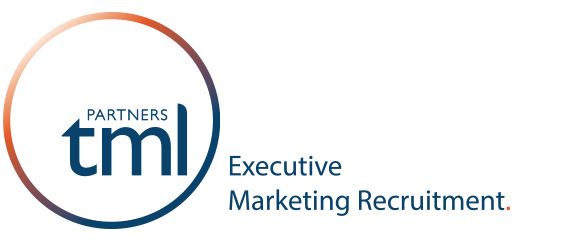In our last article we looked at the strategy behind recruitment success (see link). Understanding your career goals and identifying the right opportunities is the first step to a successful placement. In this article we give some practical tips on continuing the strategic approach through the interview process and offer stage, all the way to starting your new role.
Interview success
The interview stage is a discovery opportunity for the candidate as much as the interviewer. Advice on interview technique is abundant and at senior level, interviews will tend to be less formulaic and present the best opportunity for you to uncover what you need to know about the job. An important factor to ascertain is what success will look like in that role, in the opinion of the interviewer. Does this align with your own career objectives?
At interview, there are some essential questions that you should answer, even if the interviewer doesn’t necessarily ask them directly. As a marketing leader, you need to demonstrate that you’re commercial and strategic and therefore able to achieve business goals. You should also show a thorough understanding of the culture of the organisation you’re interviewing for. This extends beyond organisational values to the personalities of the senior people you will be working alongside. Understanding and being sensitive to culture and personalities makes you more trustworthy to the interviewer, another important factor in getting a job offer at senior level. In addition, demonstrating your suitability for the job will reaffirm in your own mind if the position is the right one for you.
Negotiation and offer
Negotiating remuneration packages shouldn’t start at offer stage. Open and honest dialogue about salary, bonus and benefit expectations should be had throughout the recruitment process. If you’re working with a headhunter this would have happened in your initial meetings and at interview stage you should maintain a consistent message. Once offered a job, negotiations can take place if expectations are not met, but this is not the time to raise your salary expectations unless the role is significantly broader or has more responsibility. But again, if the role is different, this should have been flagged at interview and negotiations started then.
Pitfalls of the counteroffer
Businesses are going to be reluctant to see their marketing leaders go. Counteroffers are highly emotive and can catch people off-guard. Even having gone through the lengthy process of finding a new role that you’re confident is right, the promise of change/promotion/new projects and the temptation of more money can be very alluring. Treat this counteroffer with the same level of scrutiny as you did the new role for which you’re resigning – does it fit your career objectives and what has changed to reverse those original reasons for leaving you were so clear on?
When assessing counteroffers, the long term is where to focus. Can whatever promises have been made sustain you in that role past the one-year mark? Numerous different organisations have carried out research on the sustainability of a counteroffer role, and all the results show that it is very likely that most individuals (some research shows up to 90%) still move on within six months of accepting a counteroffer.
Making it a success
Once you have accepted a job offer, the first few months in your new role are a pivotal time. You’re trying to get to grips with a new team, organisational culture and job specification while also attempting to make an impact and achieve some early wins (see First 100 days article). When entering into a top level role some external, impartial support and advice can be excellent in not only assisting you with the on-boarding process, but also benefit your new company.
For us, supporting candidates through their first three months in their new role is the final stage of the recruitment process. We partly do this through providing access to executive coaches and have seen this have a valuable impact on the success of a placement.
Simon Bassett is the Managing Director of tml Partners.
tml Partners specialise in placing CMOs, Marketing Directors and their management teams.




